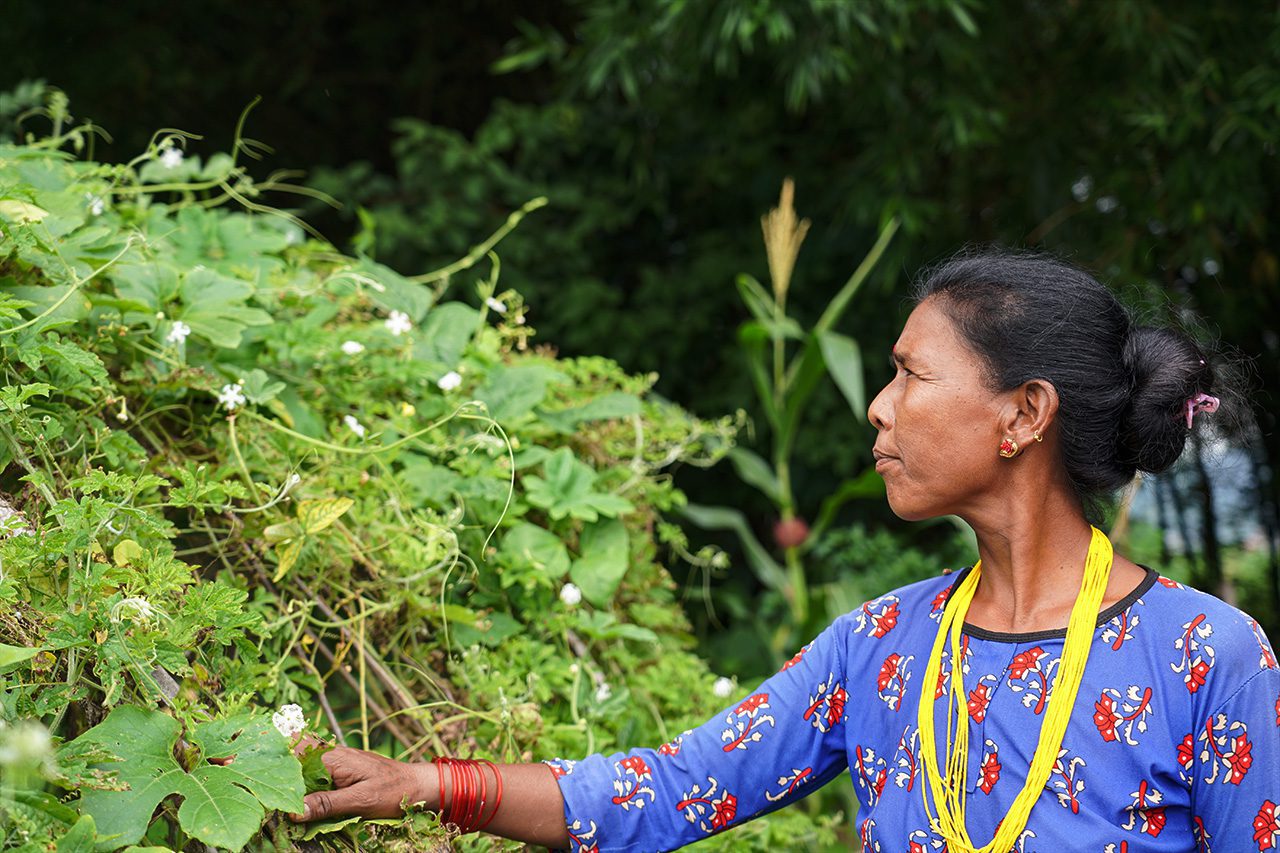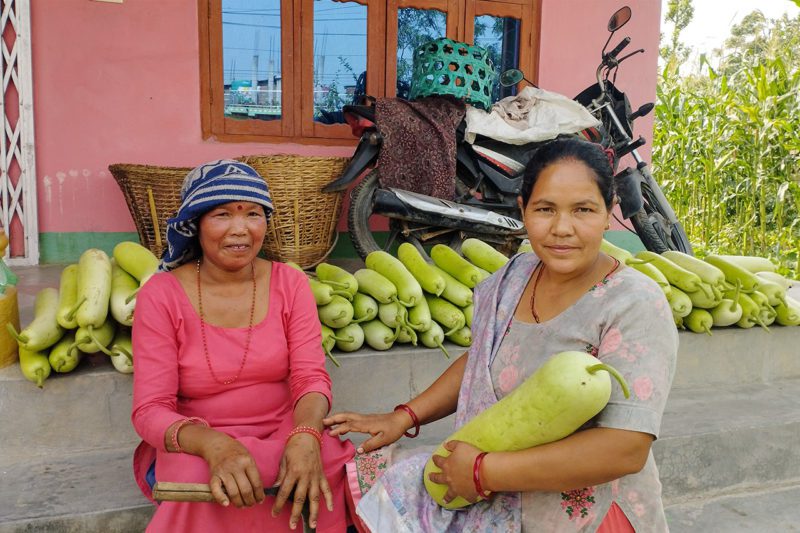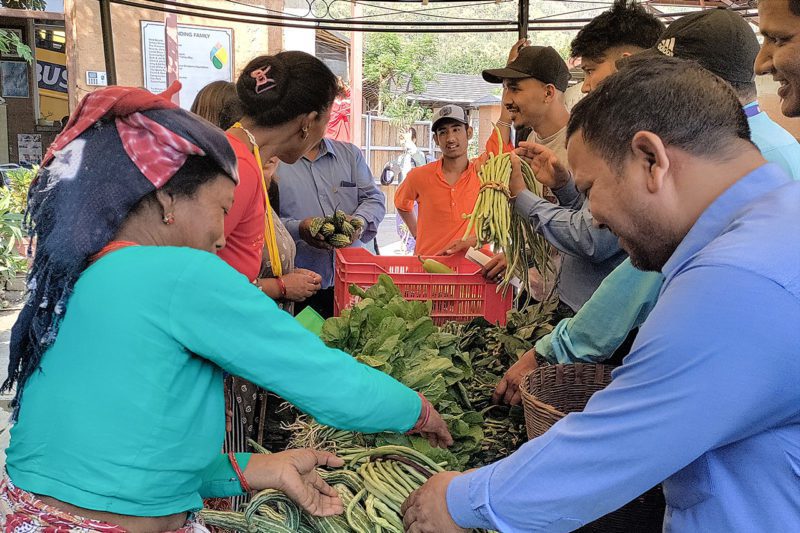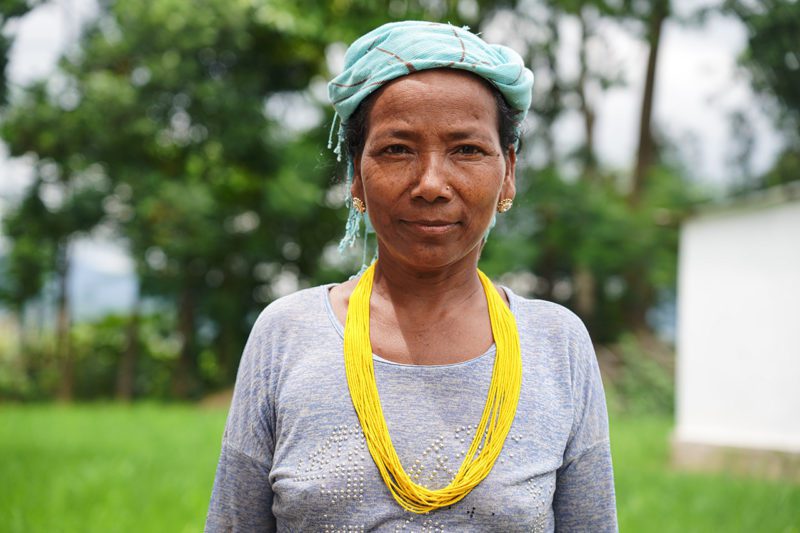Sovereign Seeds: Reclaiming MENA’s Agricultural Future
Reviving local food systems and unlocking rural prosperity

In the remote landscapes of rural Nepal, a group of women farmers is pioneering a transformation. They are creating a localized food system that connects consumers and producers directly, utilizing a Participatory Guarantee System (PGS). This initiative is not just about farming; it’s about community, empowerment, and sustainability.
Small farmers, especially in isolated regions, face immense challenges. Market access is limited, and the demand for quality food, organic certification, and fair labor standards is growing. However, these demands can be overwhelming for farmers who are disconnected from global consumers.
Enter the Participatory Guarantee System (PGS), a method that addresses these challenges by localizing the food system and leveraging community relationships. In rural Nepal, a group of women farmers is demonstrating the power of PGS.
The Sana Kishan PGS Management Group was founded in January 2018 with a mission of mutual support, training in organic and regenerative agriculture practices, and enhancing food quality. Their goal? To improve income stability for farmers.
Today, the Sana Kishan group consists of 22 women farmers, who have recently been recognized by the Nepali government as a PGS group. They are revolutionizing their community’s health and food security by reducing pesticide use and enhancing nutrition in the food they grow.

A PGS emphasizes direct farmer-to-consumer connections, shortening the supply chain. It incorporates a local network of support, training in organic farming practices, and committed local buyers.
The system fosters learning and capacity building, but equally important, it nurtures social support and professional development. Farmers share knowledge, resources, and local partners bring in expert consultants to guide the community’s commitment to organic growth.
Krishna Chaudhary, a member of the Sana Kishan group, reflects, “I am a daughter of a farmer. Since I started organic farming five years ago, I have seen a lot of change in my life and my farming practices. The task is double the hard work, but also double the repayment.”

Farmers sell vegetables to local customers at a community event in April 2023, in Surkhet, Nepal. Photo courtesy of BlinkNow.
Third-party certifiers are often unattainable for smallholder farmers due to fees and paperwork. PGS groups offer a local quality assurance program that benefits both producers and consumers, allowing a direct connection to verify how the food is grown.
The Sana Kishan farmers create guidelines for organic food growing, hold each other accountable, provide sustainable income, learn from each other, and improve access to healthy foods.
With the food they produce, they can sell to additional programs like Kopila Valley School’s daily healthy lunch program, Kopila Valley Children’s Home, and other local customers.
Syani Chaudhary, another member, shares, “Yesterday I was just a mother to my children, but today I am a woman, mother, and a farmer who supports my children’s education and health. I am a proud farmer.”

Syani Chaudhary
This was made possible by a number of community partnerships. Nonprofit BlinkNow had been seeking reliable food sources and offered to assist farmers with group formation and training. According to Sustainability Coordinator Sunita Bhandari, “We wanted to contribute to stable livelihoods for parents, and our programs needed a consistent source of healthy food, so we partnered on the PGS project for the benefit of farmers, the children we serve, and the broader community’s increased food access.”
In collaboration with CEAPRED (Center for Environmental and Agricultural Policy Research, Extension, and Development) and the local Karnali Province’s Ministry of Land Management, Agriculture and Cooperatives, the group began to educate and model organic practices.
An increasing number of global communities and small farmers are embracing this emerging business system. As small farmers continue to innovate, we look forward to a future of increased healthy food and livelihoods for all, driven by the spirit of community, sustainability, and empowerment.
Related Content
Comments
Deep Dives

Featuring
Clarisse Awamengwi
IE Correspondent
July 17 - 12:00 PM EST

Featuring
Russell McLeod
July 24 - 12:00 PM EST
RECENT
Editor's Picks
Webinars
News & Events
Subscribe to our newsletter to receive updates about new Magazine content and upcoming webinars, deep dives, and events.
Become a Premium Member to access the full library of webinars and deep dives, exclusive membership portal, member directory, message board, and curated live chats.
At Impact Entrepreneur, we champion fearless, independent journalism and education, spotlighting the inspiring changemakers building the Impact Economy. Diversity, equity, sustainability, and democracy face unprecedented threats from misinformation, powerful interests, and systemic inequities.
We believe a sustainable and equitable future is possible—but we can't achieve it without your help. Our independent voice depends entirely on support from changemakers like you.
Please step up today. Your donation—no matter the size—ensures we continue delivering impactful journalism and education that push boundaries and hold power accountable.
Join us in protecting what truly matters. It only takes a minute to make a real difference.
0 Comments